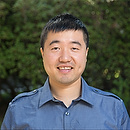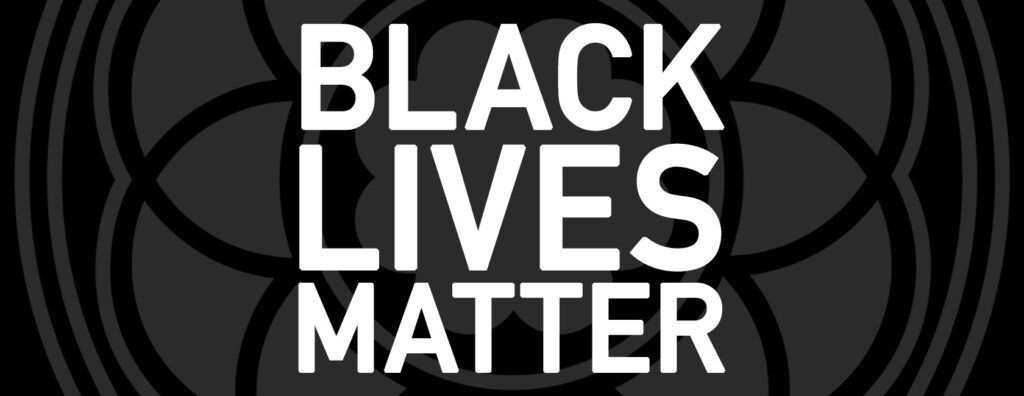Page 22 • (1,060 results in 0.058 seconds)
-
Students are expected to know and practice data and information security measures when using agency computers or private computers with access to agency data on or off-campus. These measures include, but are not limited to: maintaining strong confidential passwords, ensuring that computers are password protected and those passwords are changed at least once a semester, logging off computer when finished, not sharing computer with others once logged into the confidential system, ensuring that
-
public information by foraging Red Crossbills depends on similarities in feeding abilities among flock mates, which in turn depends upon flock mates having similar bill structures. Thus, public information use should favor assortative flocking by trophic phenotype. My data suggests that public information use promotes assortative flocking and may have favored the divergence of flight calls among the visually similar Red Crossbills call types. Moreover, assortative flocking may promote reproductive
-
. Prerequisites: CHEM 116, MATH 152, PHYS 153. (4) CHEM 342 : Physical Chemistry A study of the physical properties of atoms, molecules and ions, and their correlation with structure. Classical and modern quantum mechanics, bonding theory, atomic and molecular structure, spectroscopy. Prerequisites: CHEM 116, MATH 152, PHYS 154. (4) CHEM 343 : Physical Chemistry Laboratory Experiments in kinetics and thermodynamics. Attention given to data handling, error analysis, instrumentation, computational analysis, and
-
intersections, by critically reflecting on identity and the interconnections between all living beings; exploring human systems, ecological systems, and the relationship(s) between the two; examining power structures that shape the experiences of living beings; practicing active listening and effective communication skills across differences. Creative Expression (CX)Creative Expression (4): Students will learn artistic processes and evaluate print, visual, and performing arts. Students will describe the
-

Renzhi Cao Associate Professor of Computer Science he/him/his Phone: 253-535-7409 Email: caora@plu.edu Office Location: Morken Center for Learning & Technology - 248 Website: https://cs.plu.edu/~caora/ Professional Biography Video Education Ph.D., Computer Science, University of Missouri-Columbia, 2016 M.S., Computer Science, University of Science and Technology of China, 2011 B.S., Computer Science, Anhui Normal University, 2008 Areas of Emphasis or Expertise Machine learning Data science
-

Renzhi Cao Associate Professor of Computer Science he/him/his Phone: 253-535-7409 Email: caora@plu.edu Office Location: Morken Center for Learning & Technology - 248 Website: https://cs.plu.edu/~caora/ Professional Biography Video Education Ph.D., Computer Science, University of Missouri-Columbia, 2016 M.S., Computer Science, University of Science and Technology of China, 2011 B.S., Computer Science, Anhui Normal University, 2008 Areas of Emphasis or Expertise Machine learning Data science
-
coverage of queerness throughout the decade was negative, reminding students that it had no place at a Christian institution. Fast forward through thirty years and a series of intense debates on queerness also taking place in The Mast, and we reach today’s campus. While PLU, like all institutions, isn’t a flawless environment for our queer community, it has now dedicated structures, policy, and personnel to supporting queer Lutes, and boasts a thriving queer student scene. These are the stories of the
-

status quo than about justice, equality, and humanity. And so in a real sense our nation’s summers of riots are caused by our nation’s winters of delay. And as long as America postpones justice, we stand in the position of having these recurrences of violence and riots over and over again.” King’s speech, then, is an indictment not of those rioting, but of those standing by, tacitly supporting white supremacy and its companion white patriarchy, benefiting from racist structures that marginalize and
-
groups who have not only been marginalized from the world economic order, but from the political and cultural structures of the nation they reside within. Two things became clear for our group through our interaction with the people who live in these communities. First, the sense of discomfort we felt when entering these communities, because we belonged to a world economic order that, for the inhabitants of these communities, is always beyond reach. Second, we couldn’t help but notice a basic
-

. It’s no surprise that these groups retain at a lower rate than their peers. Universities were intentionally designed to keep these folks out. Now we’ve let them in, but that alone isn’t nearly enough. Institutions need to rethink, and in a lot of cases completely reconstruct, our systems and structures to equitably serve all of the students we’re recruiting.What do you mean by doing harm?When students come here and leave with debt and without degrees, that’s harmful and unethical. That’s why I
Do you have any feedback for us? If so, feel free to use our Feedback Form.


